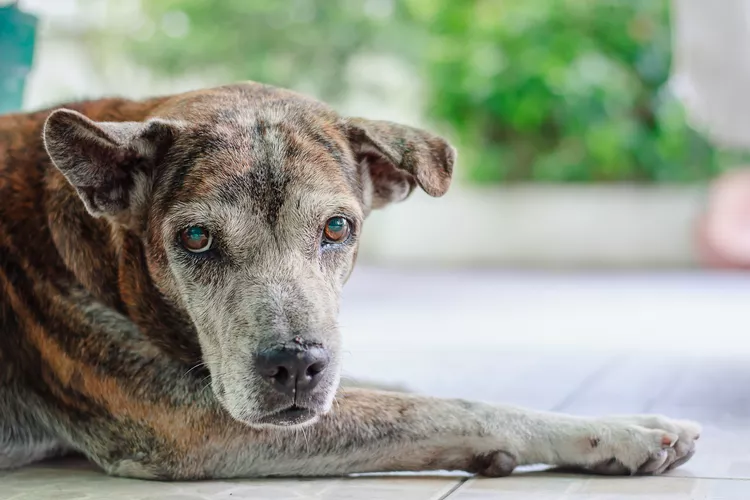
Older dogs of both sexes can struggle with incontinence, which is the inability to control the elimination of urine and/or stool. Common causes of incontinence in senior dogs include urinary tract infections, kidney disease, arthritis, and dementia.
Supplements and medications can help treat incontinence in dogs, though if there is a root health issue causing it you can certainly treat that. Learn the causes of incontinence in older dogs and strategies for dealing with it.
Incontinence is the inability to fully control the bladder and/or bowels. A dog that looks at you and squats to eliminate is probably not incontinent. When a dog is truly incontinent, urination and/or defecation can happen without the dog realizing it until it's too late. This can make the dog feel shame and even worry about being disciplined. True incontinence is not your dog's fault. Common findings in incontinent dogs include:
In the early stages of incontinence, it may just seem like your dog cannot hold it. It's a good idea to start letting your older dog out to go potty more often than usual.
If your older dog begins to have accidents in the house, try first to determine the cause. Is your dog knowingly peeing or pooping in the house? This could be related to a medical condition or a behavior problem.
The first thing to rule out is a health issue. Contact your vet for a checkup. Senior dogs should see the vet more often than younger dogs; twice per year exams are often recommended. Your vet will probably want to test your dog's urine and blood.
The most common health-related cause of urinary accidents is a urinary tract infection. If this is the cause, your vet will put your dog on antibiotics. Urinary issues can also result from bladder stones or tumors. These might require surgery.
Urinary tract infections and other urinary issues may be related to kidney disease, especially in older dogs. Kidney disease causes the body to drink more water and urinate more. All of this can be difficult for a senior dog to handle, causing inappropriate urination.
GI problems can cause diarrhea and other stool issues that can look like incontinence. If your dog's stools seem abnormal, your vet might want to do X-rays or an ultrasound to look at the abdomen.
Problems with the spine can lead to nerve issues that cause incontinence. Dogs with intervertebral disc disease or traumatic spinal injuries can develop incontinence. Medical or surgical treatment may not fix the problem if the nerve damage is bad enough.
Arthritis is a common problem in older dogs that affects mobility. Your dog may be stiff and achy, making it difficult for him to get in the right position to urinate and/or defecate. He might be holding it because of this. Then, when he can't hold it any longer, he has an accident.
Problems in the brain can affect a dog's ability to control his bladder and/or bowels. This may be a brain tumor or infection that has damaged a part of the brain. Or, more commonly, it may be dementia. Also called canine cognitive dysfunction or senility, dementia causes a dog to lose his memory, have trouble concentrating or focusing, and experience personality changes. Dogs with dementia often become anxious and act disoriented. One of the earlier signs of dementia is "forgetting" training, such as house training.
There is no cure for dementia, but there are ways you can help your dog cope. There are also some medications and supplements that can ease symptoms and slow the progression of the disease.
Some dogs will benefit from medications and supplements for urinary incontinence. However, incontinence due to dementia cannot be treated the same way. If your dog is incontinent and there is no treatment to stop it, you can make some adjustments to improve your dog's quality of life and preserve your sanity.
It can be hard to deal with these issues as your dog ages, but your dog deserves to live out his golden years as comfortably as possible.

Exploring the Different Types of Pet-Friendly Beaches
Are you looking for pet-friendly beaches? Learn about the different types of pet-friendly beaches, their locations, and tips for visiting them with your pet.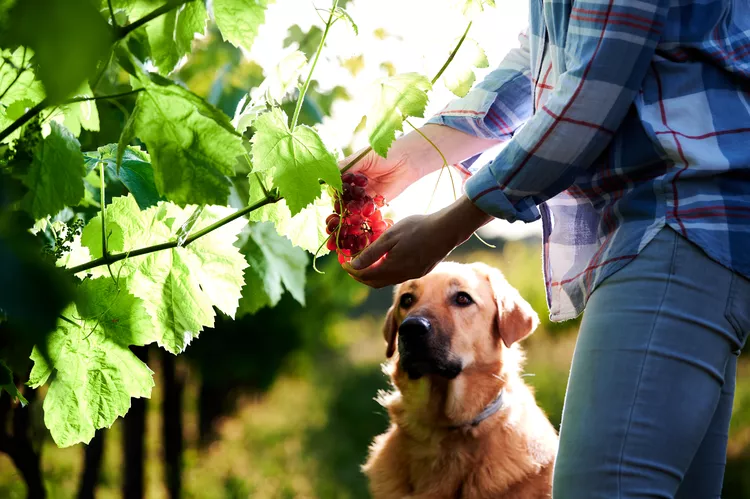
Exploring Pet-Friendly Wineries: Types, Locations, and More
Discover the different types of pet-friendly wineries, where to find them, and what to expect when you visit. Learn more with The Spruce Pets.
Why Is My Dog’s Eye Swollen?
If your dog's eye is swollen, she may need veterinary attention. The inflammation could be caused by allergies, an injury, or even a tumor.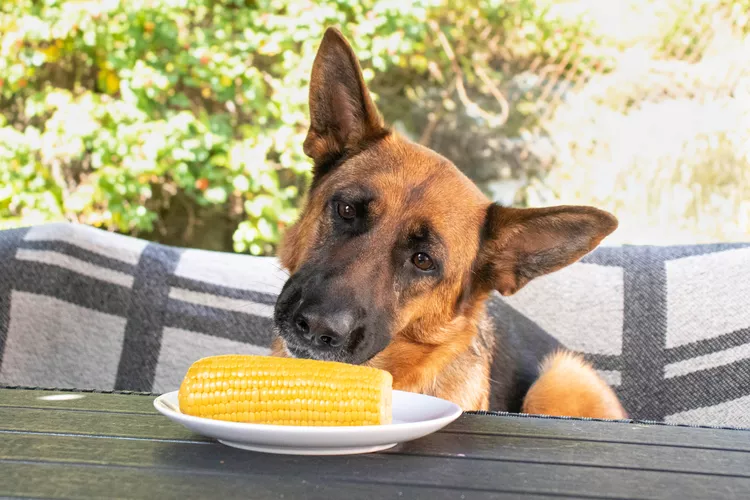
Can Dogs Eat Corn on the Cob?
Dogs love chewing on corn cobs, but this can cause serious harm. Learn about the dangers of corn cobs and find out what to do if your dog eats one.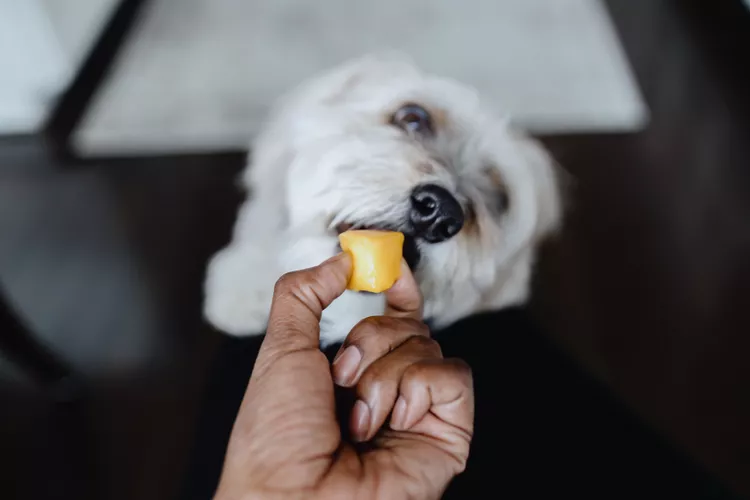
Can Dogs Eat Papaya? What to Know About Sharing This Tropical Fruit With Your Pup
Papaya is safe for dogs in moderation, and it can even provide some nutritional value for them. However, too much can cause digestive upset, and it's not suitable to share with dogs with certain health conditions.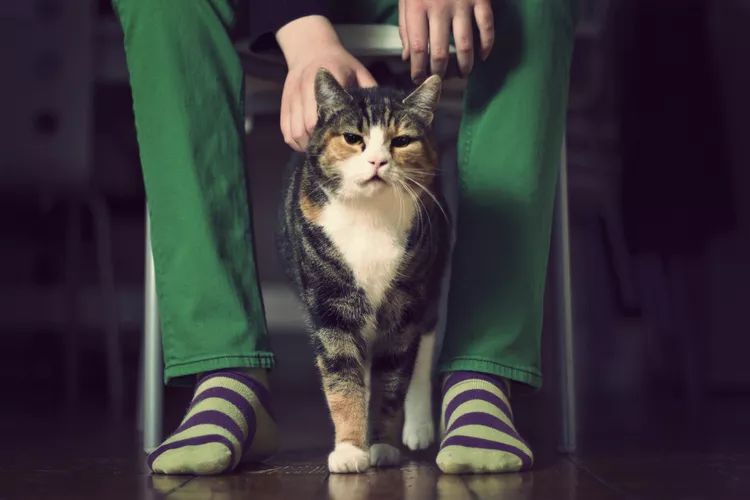
65 Irish Cat Names
Irish cat names can pay homage to historical places, local cuisine, famous Irish actors and musicians, or other wonderful aspects of the Emerald Isle.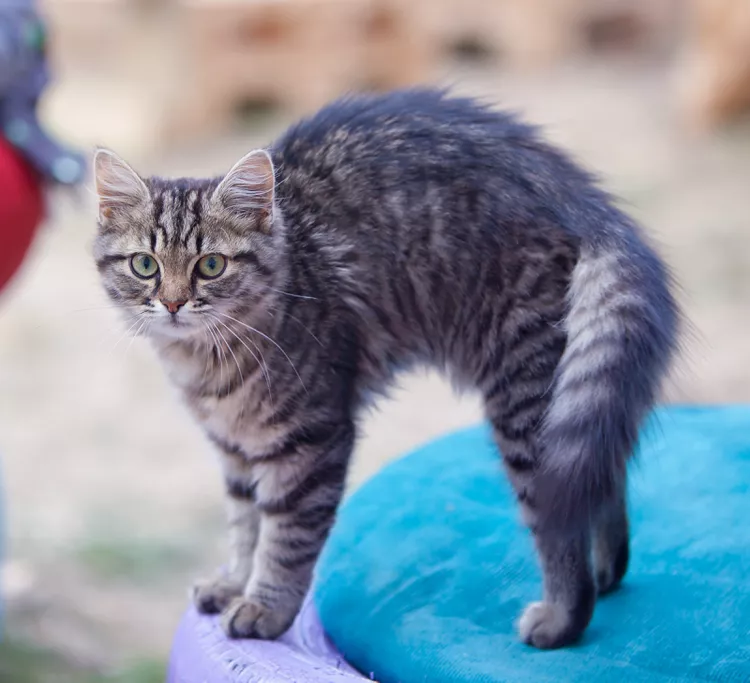
Feline Hyperesthesia Syndrome (FHS) in Cats
Rippling skin is more than dermal sensitivity in cats. It can be a sign of Feline Hyperesthesia Syndrome. Learn the causes, treatment, and prevention.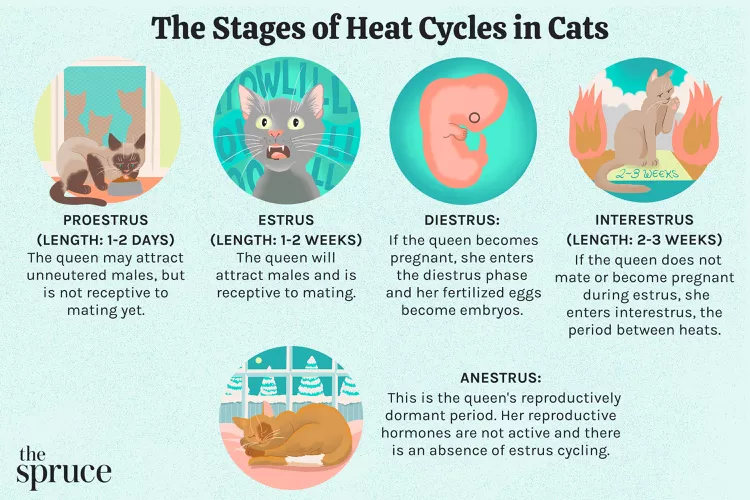
How Long Are Cats in Heat?
How long are cats in heat? Learn about the heat cycles of cats, also called estrus, as well as the reasons you should spay your cat.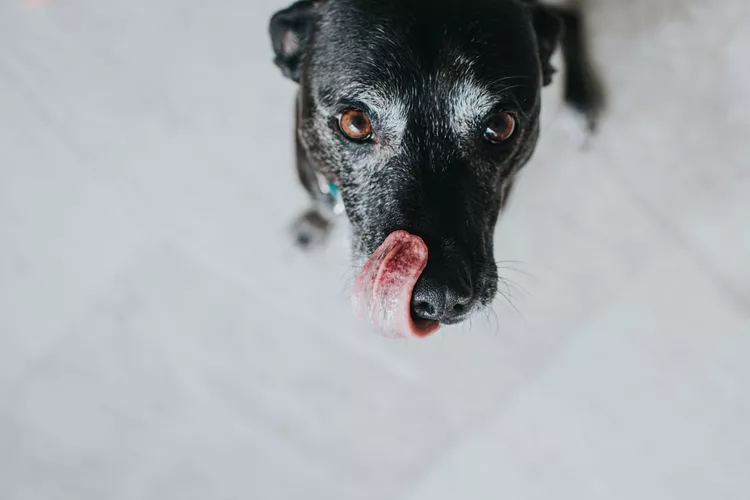
Can Dogs Eat Raw Chicken Feet?
What are the potential health benefits of chicken feet for dogs? What are the risks?
Is Eucalyptus Safe for Cats?
Many products containing eucalyptus are not safe for cats, and it is important to be aware of the risks to your cat.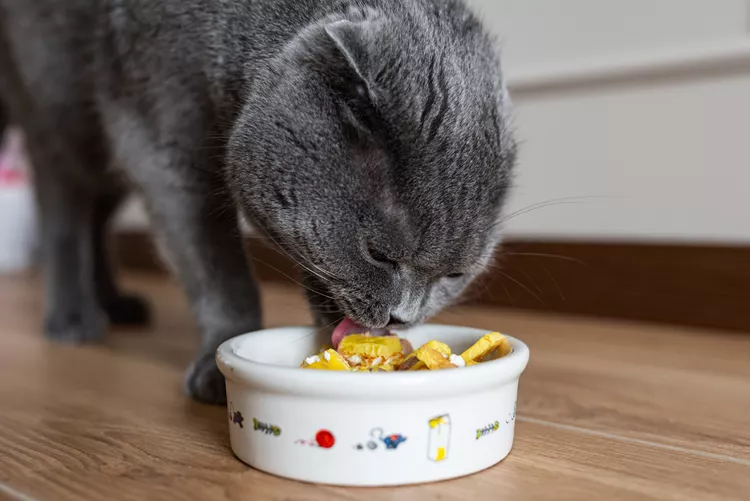
What You Need to Know About Homemade Cat Food
If you want to cook for your cat, make sure to read about the risks associated with homemade diets for cats
Can Cats Eat Peanut Butter?
Peanut butter is not toxic to cats, but it might not be the best choice of treat for them.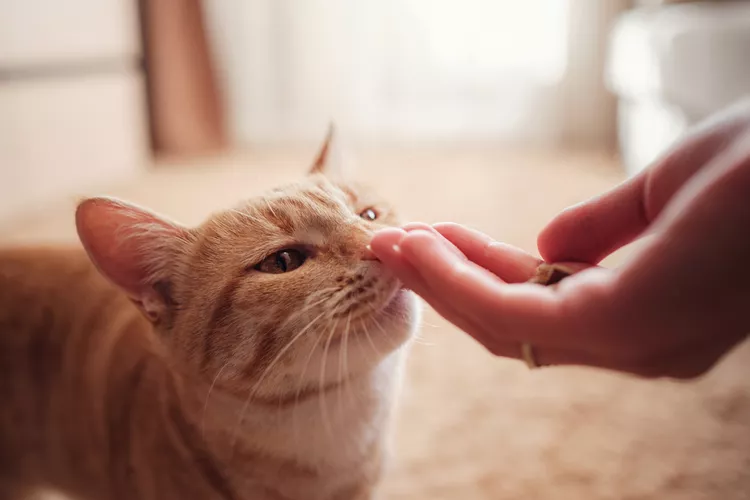
Can Cats Eat Cheese?
Can cats eat cheese? Is it healthy for them? How much can they eat and what should you do if you fear your cat has eaten too much cheese?
8 Flat-Faced Cats with the Cutest Smooshed Faces
These flat-faced cat breeds have a distinct and adorable appearance. Learn about their origins and traits, and the potential health risks tied to their unique facial structures.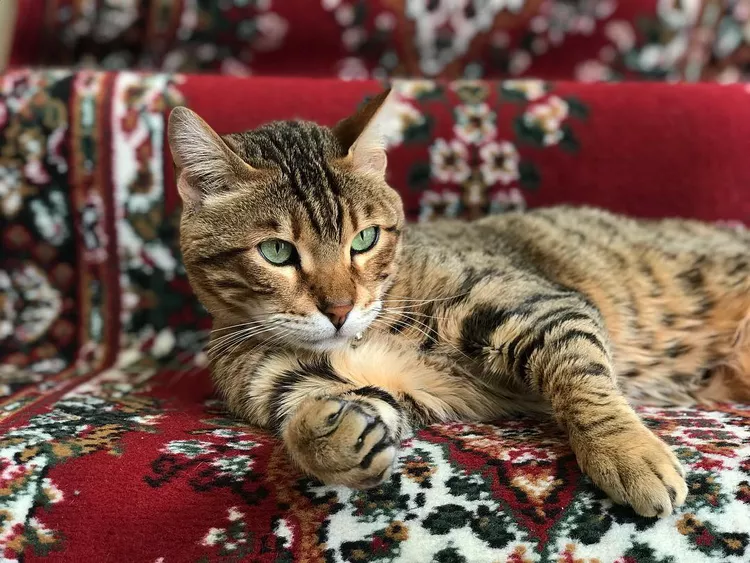
Pictures and Facts About Bengal Cats and Kittens
Bengal cats are a cross between wild cats and domestic cats. Learn more about what they look like and pictures of this beautiful spotted breed.
Top 10 Big House Cats
Larger cat breeds, like Maine coons and savannahs, deserve just as much love as their petite counterparts. These big house cats tip the scales.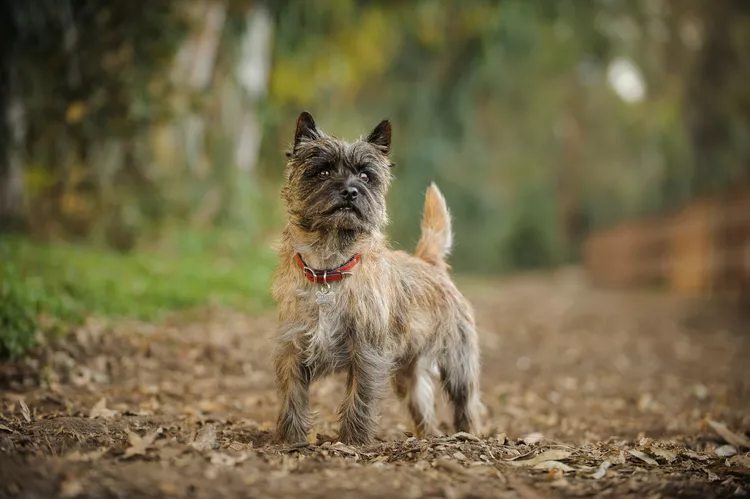
Cairn Terrier: Dog Breed Characteristics & Care
The cairn terrier is a spunky, affectionate, and intelligent dog from Scotland. The breed became famous when one played Toto in The Wizard of Oz. Learn about the temperament, history, health, and care needs of the cairn terrier dog breed.
Reasons Why Dogs Grind Their Teeth
Some dogs grind their teeth. Learn why dogs grind their teeth and if it can be harmful. Find out what to do about teeth grinding in dogs.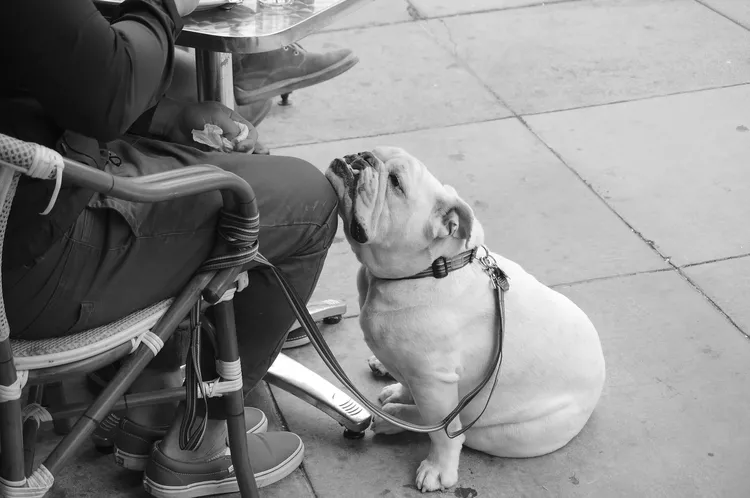
This Is Why Some Dogs Lean on People
Certain dogs really love leaning on their humans. What does this mean? Find out why dogs lean on people and if this is ever a problem.
Can Dogs Get Depression? How to Help Your Sad Dog
Can dogs get depression? Learn about the signs of depression in dogs and find out how to help your sad dog.